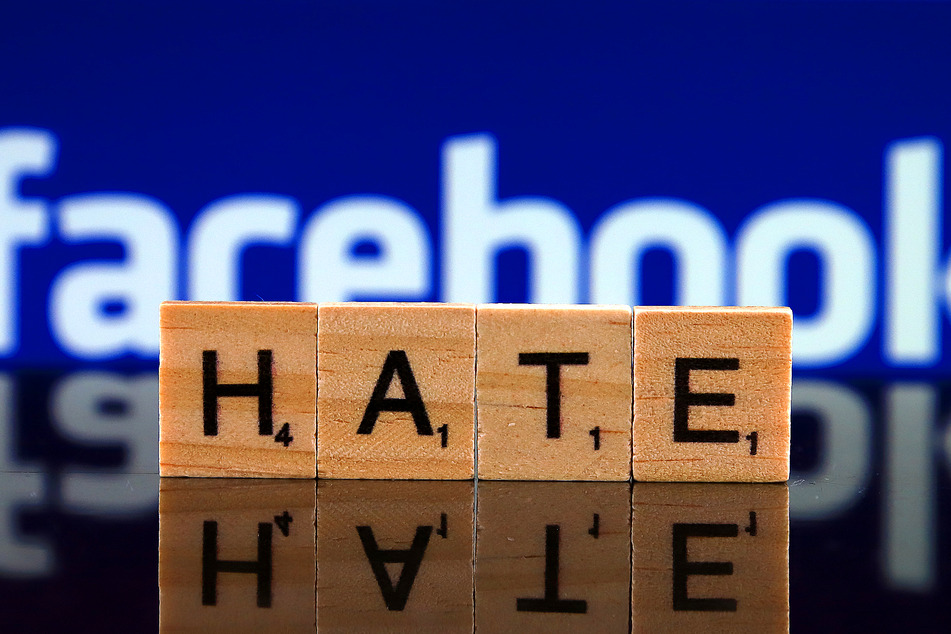Facebook's list of VIP users can break rules "without any consequences," leaked documents show
Menlo Park, California - You know those lines and lines of legal speak you agree to when you use Facebook? And those things you agree not to do, not to say, not to post? Facebook leak shows 5.8 million users can safely ignore all that based on their status.

Internal Facebook documents leaked to the Wall Street Journal describe a VIP-list program called XCheck. According to those documents, the program shields certain users when their posts are flagged for inappropriate content.
The leaked memo included these two damning sentences:
"For a select few members of our community, we are not enforcing our policies and standards. Unlike the rest of our community, these people can violate our standards without any consequences."
That makes for a hefty combo. When combined with the following of some of the Facebook VIPs, content that technically violates Facebook's own community standards can have a huge impact.
In the WSJ Podcast on Facebook internal files, Jeff Horwitz shares the amount of views bad posts from protected XCheck accounts were getting after they should have been removed:
"And the number they found for 2020 was north of 16 billion."
Facebook Policy Communications Director Andy Stone has already tweeted a response to the Wall Street Journal report on XCheck. Stone has noted that the leaked documents used for the WSJ piece show what the platform is already aware of and working on.
Many replies to the tweet include the critique that Stone is spinning the situation, and not addressing parts of the report, such as the staggering amount of flagged posts that go unreviewed because of the small XCheck moderation team.
A fair point made here by Stone is that Facebook does know what is wrong with their internal systems. That doesn't make the serious failures of the out-of-control XCheck system any easier to stomach.
Example of when XCheck does damage

In 2019, VIP user and soccer star Neymar da Silva Jr. published the name of a woman who had accused him of rape, as well as a nude photo of her.
Because his Facebook account was on XCheck, Neymar Jr.'s post was not immediately removed after it was flagged for inappropriate content.
At first, due to these protections for VIP accounts, the post was not even able to be manually deleted, although FB employees tried.
Eventually, 24 hours and 50 million views later, and the post was removed.
The Facebook policy on this for regular users is crystal clear. Given that it contained "nonconsensual nudity," the flagged post would be deleted and the account that posted it removed.
However, Neymar's account was never touched, in direct contradiction of the company's own policies.
The leaked documents explain that the Neymar incident appears alongside more than a dozen other incidents that Facebook employees were keeping track of.
Andy Stone's response to the report only leaves more questions open. "We have new teams, new resources and an overhaul of the process that is an existing work-stream at Facebook," he tweeted.
What is the size and composition of these new teams? And what is being done about the unreviewed 90% of flagged posts from XCheck accounts? Most importantly, what is the new process and how is it different to the previous one?
At the moment, it's not clear that the reported 5.8 million VIP users are no longer enjoying a different set of rules than regular users.
Cover photo: ©123RF/promesaartstudio